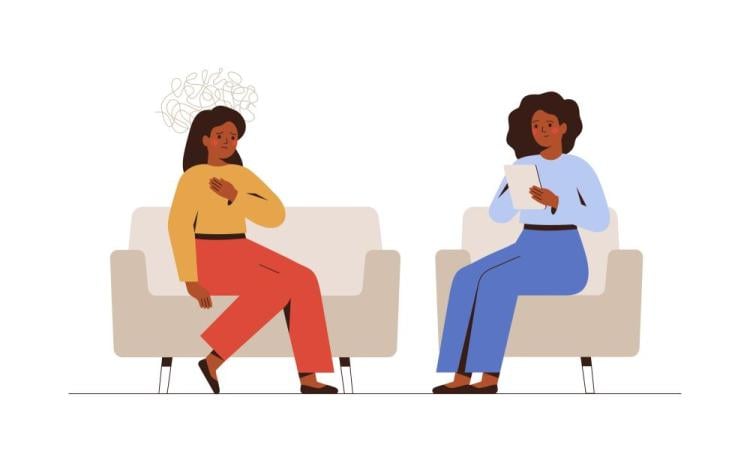How to Navigate the Transition to a New Therapist
How to Navigate the Transition to a New Therapist

The journey of therapy is deeply personal and transformative. As you work with a therapist, you build a relationship that supports your growth, healing, and self-discovery. However, there may come a time when your therapist needs to terminate treatment due to personal reasons. This can be a challenging transition, but it’s important to remember that the most crucial relationship strengthened through therapy is the one with yourself. Here are 10 tips to help both children and adults manage the transition to a new therapist, ensuring continuity and growth in your mental health journey.
- Acknowledge Your Feelings
It’s natural to feel a mix of emotions when a trusted therapist transitions out of your care. Acknowledge these feelings—whether sadness, anxiety, or uncertainty—and give yourself permission to process them. - Reflect on Your Progress
Take time to reflect on the progress you’ve made. Celebrate the strides you’ve taken and recognize that you are the one who has done the hard work of implementing the tools and strategies learned in therapy. - Understand the Importance of Self-Reliance
Remember, therapy is about equipping you with tools to manage your mental health. While a therapist guides and supports you, the real work happens through your own efforts. Just as you wouldn’t rely on a single trainer for physical fitness, you shouldn’t feel dependent on one therapist for your mental well-being. - Prepare for the Transition
If possible, discuss the transition with your current therapist. They can provide guidance on how to approach starting with a new therapist and may even suggest a few potential therapists who align with your needs and preferences. - Set Realistic Expectations
Starting with a new therapist can take time to build rapport and trust. Be patient with the process. It’s normal to feel a bit uncertain at first, but with time, you’ll find your rhythm and comfort in the new therapeutic relationship. - Communicate Openly
When you begin with a new therapist, communicate openly about your previous experiences, what worked well for you, and what areas you want to focus on. This can help the new therapist understand your journey and tailor their approach to your needs. - Be Open to a New Perspective
A new therapist brings a fresh perspective and different techniques. This can be an opportunity to gain new insights and approaches that might further your growth and healing. - Review What Has Worked & What Has Been Less Effective
Reflect on your past therapy experiences and identify the strategies and approaches that have been most helpful to you. This reflection can provide valuable insights into what you should continue focusing on with your new therapist. Similarly, consider what has been less effective or hasn’t resonated as well. Sharing this information with your new therapist can help tailor the treatment to better suit your needs and preferences, ensuring a more personalized and effective therapeutic experience. - Focus on Continuity of Care
If there are specific therapeutic approaches or techniques that have been particularly helpful, discuss these with your new therapist. This helps maintain continuity in your treatment and ensures you continue to build on your progress. - Reinforce Your Role as Your Own Anxiety Coach
Remember, you are your own best advocate and coach. The skills and tools you’ve developed in therapy are yours to use and build upon. Embracing this sense of self-reliance empowers you to navigate life’s challenges with confidence, regardless of who your therapist is.
Conclusion
Transitioning to a new therapist is a significant step, but it’s also an opportunity for growth and self-discovery. By focusing on your progress, communicating openly, and embracing the new therapeutic relationship, you can continue to thrive and strengthen your mental health. Remember, the most important relationship in therapy is the one with yourself, and each step you take reinforces your confidence and resilience.




















